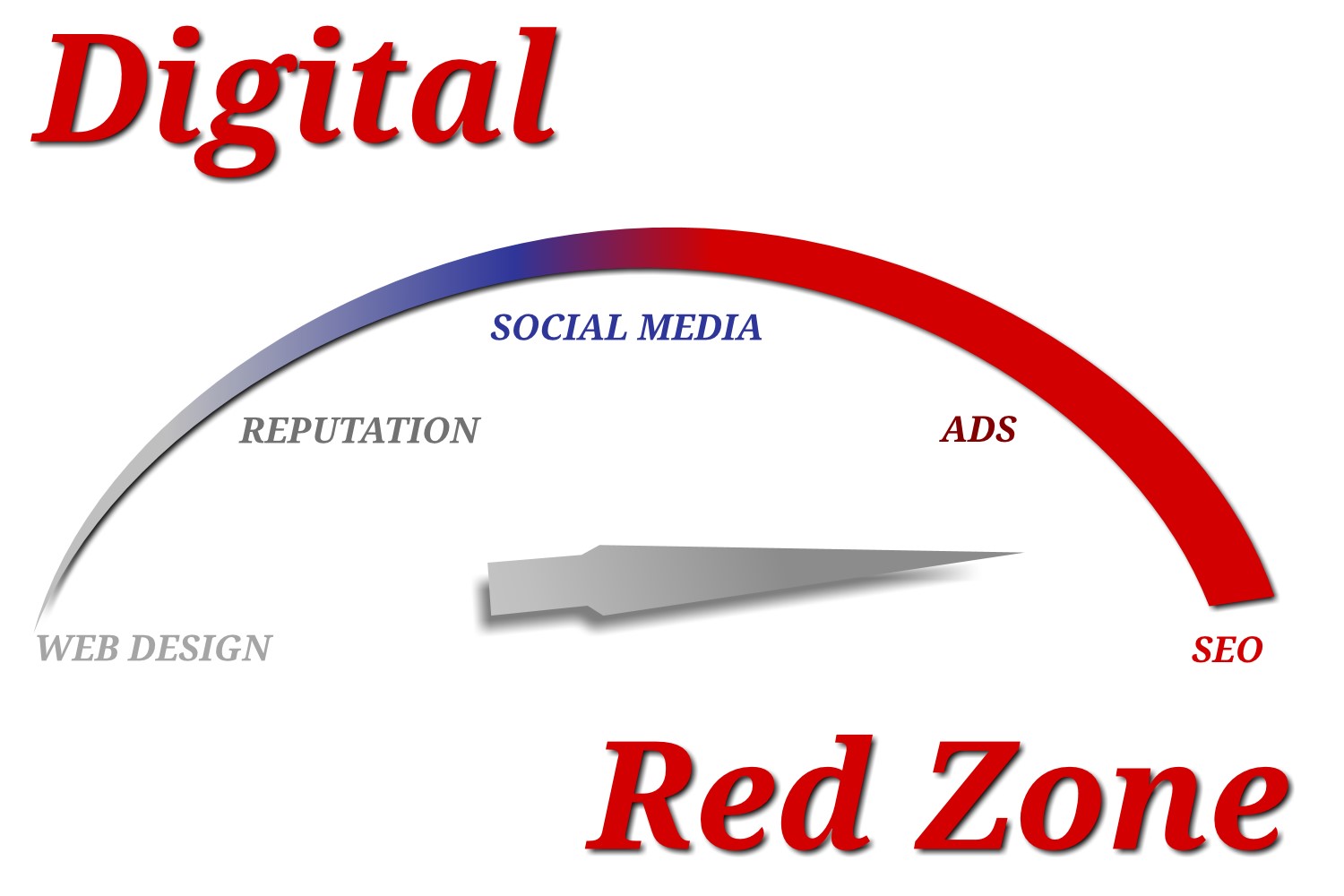Free SEO
Many businesses have entrusted there digital domain to "free SEO agencies". Nine out of ten times these agencies are hackers trying to gain access to your online brand and destroy it purposely or by accident. We like to use the old saying, "you get what you pay for". Meaning if you pay someone nothing for a service you will probably get nothing in return. These hackers are all to common and we highly recommend you check the background of who you entrust with your online presence.

One of this biggest factors in ranking SEO is the links pointing to your site. In general, the site with the most notable links, wins. These links can come from Google, sponsored events, blog posts, and other social media platforms. Meaning if you hire someone for cheap SEO more than likely they will not take the time to create high quality links that come back to your site. The problem with creating high quality links is the search engines will never tell you exactly what a high quality link is; this is done so people do not take advantage of this to get higher rankings. At Digital Red Zone we have many databases to monitor your websites links to make sure they are up to par and all search engines are boosting your websites presence. We are a digital marketing agency that loves to watch our sites grow with organic search traffic.
While free SEO strategies can be enticing for small businesses with tight budgets, there are reasons to approach them with caution:
- One Size Doesn't Fit All: Many free SEO strategies or generic SEO templates may provide a broad approach rather than a tailored one. What works for one business or industry might not work for another.
- Quality Concerns: Just because information is free doesn't mean it's high quality. Relying on outdated, misleading, or incorrect SEO advice can lead to ineffective strategies or even penalties from search engines.
- Lack of Updates: The world of SEO is constantly evolving, with search engines regularly updating their algorithms. Free resources might not always be updated to reflect these changes, which can result in outdated practices.
- Limited Scope: Free SEO strategies often provide surface-level information. While they can offer a good starting point, they may not delve deep into advanced strategies that can provide a competitive edge.
- Hidden Costs: Some "free" SEO tools or services have limitations and might prompt businesses to purchase the full version for complete access or functionality. The costs can add up over time.
- Potential for Malpractice: There are various black-hat (unethical) SEO tactics that can provide short-term gains but can lead to penalties or de-indexing from search engines in the long run. Free SEO strategies might not always distinguish between white-hat (ethical) and black-hat approaches.
- Time is Money: For small businesses, time is a valuable resource. Implementing ineffective SEO strategies, even if they're free, can waste time and delay results.
- Over-reliance: Relying solely on free SEO strategies might lead a business to miss out on valuable paid tools or professional services that could provide better insights, efficiency, and results.
- Lack of Support: Free tools or resources typically offer a different level of support or customer service than paid ones. Getting assistance might be challenging if there's an issue or if you have questions.
- Data Privacy Concerns: Some free SEO tools might have lax data privacy policies or might sell user data to third parties. Reviewing the terms of service and understanding how your data will be used is crucial.
- Incomplete Solutions: While a free tool might help with one aspect of SEO, like keyword research, it might not address other critical components like link building, on-page optimization, technical SEO, or content strategy.
- Lack of Accountability: A free resource or tool has no obligation to ensure your business succeeds in its SEO efforts. In contrast, when you pay for a professional service, there's a level of responsibility and accountability involved.
Expert Tip:
While free SEO strategies and tools can be beneficial, especially for those just starting, they should be used judiciously. Small businesses should validate the information they get, stay updated with reputable SEO sources, and consider supplementing free strategies with professional guidance or tools as they grow.
